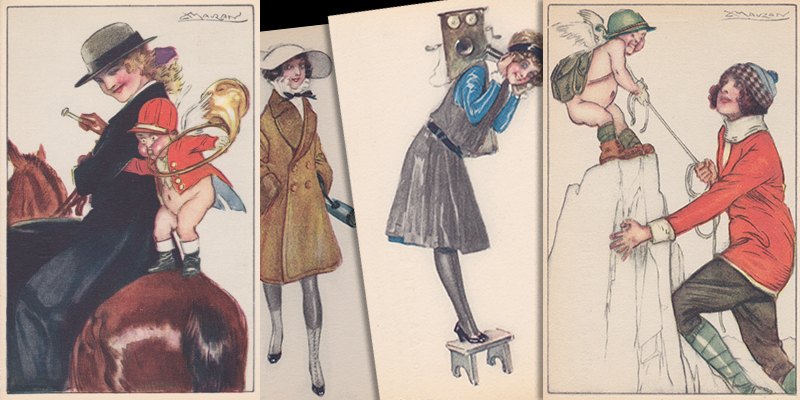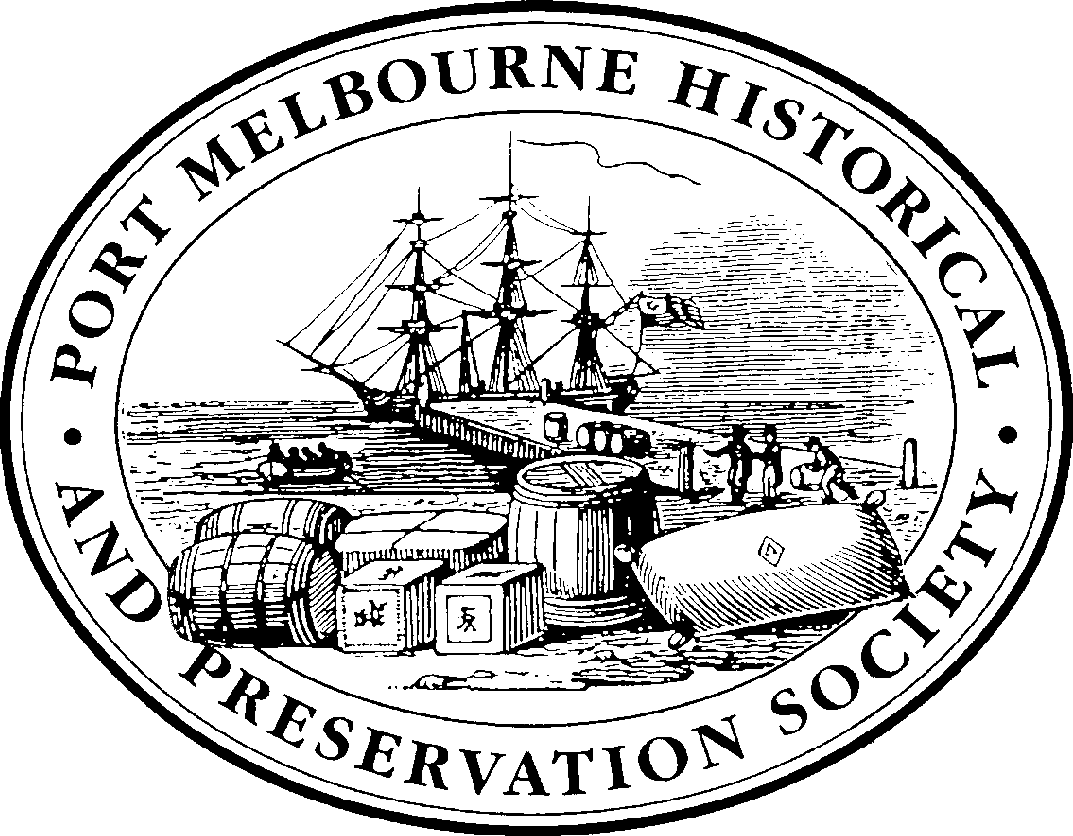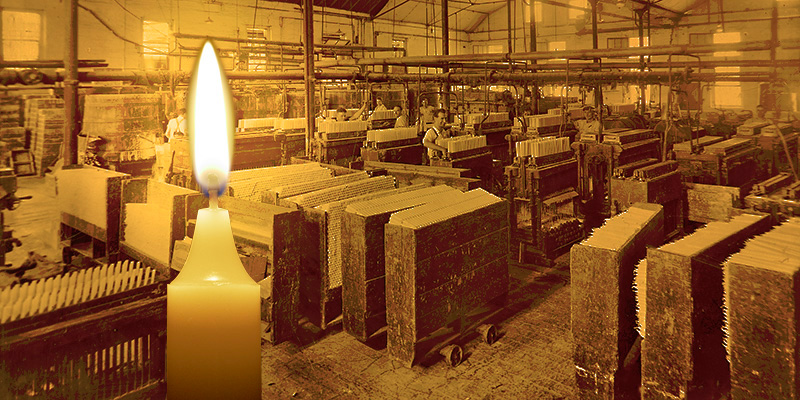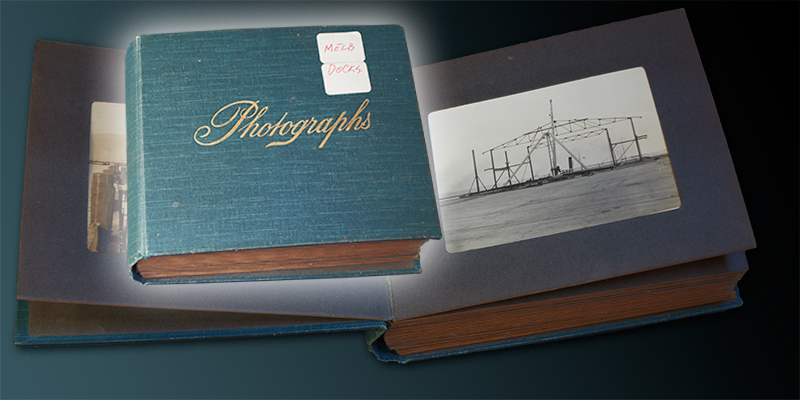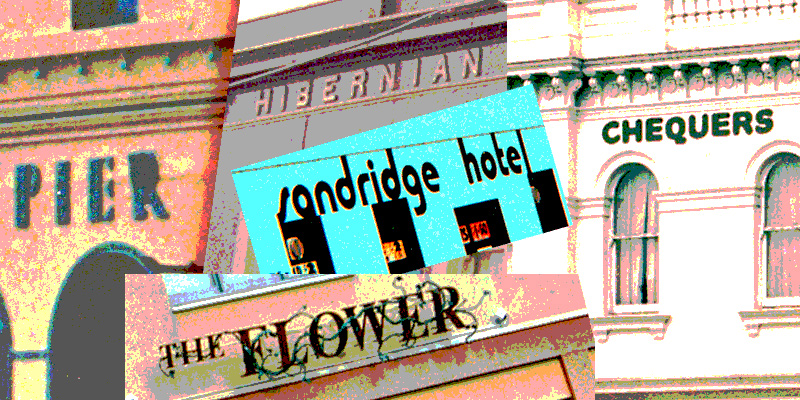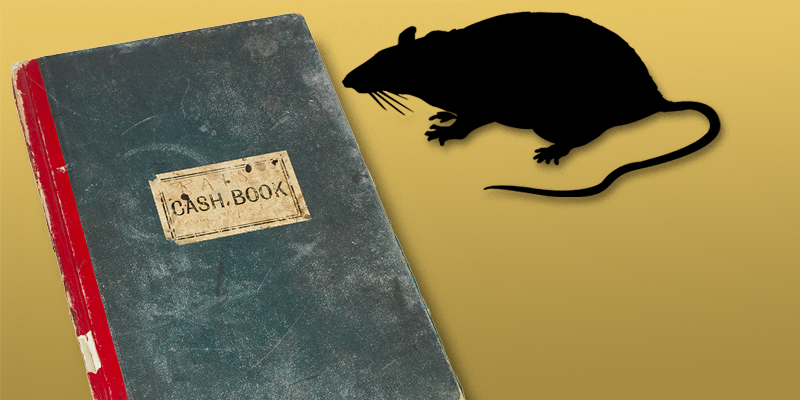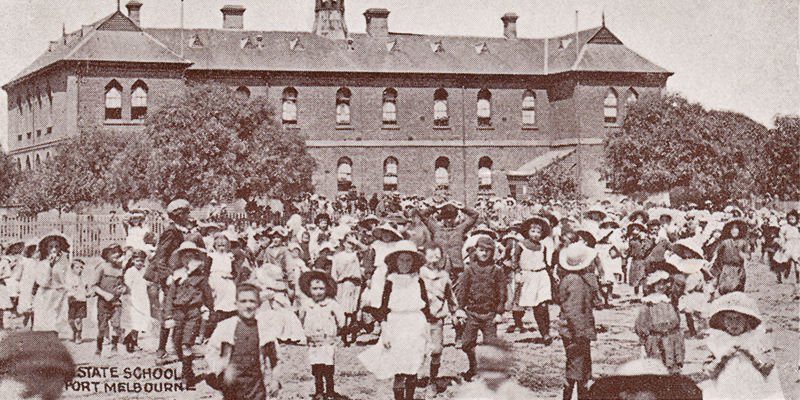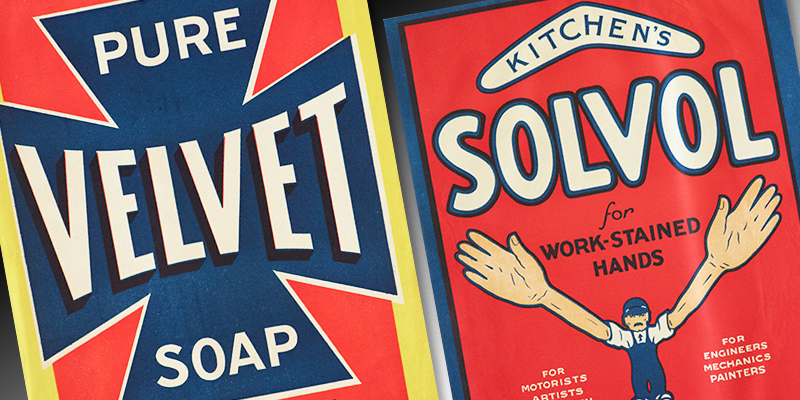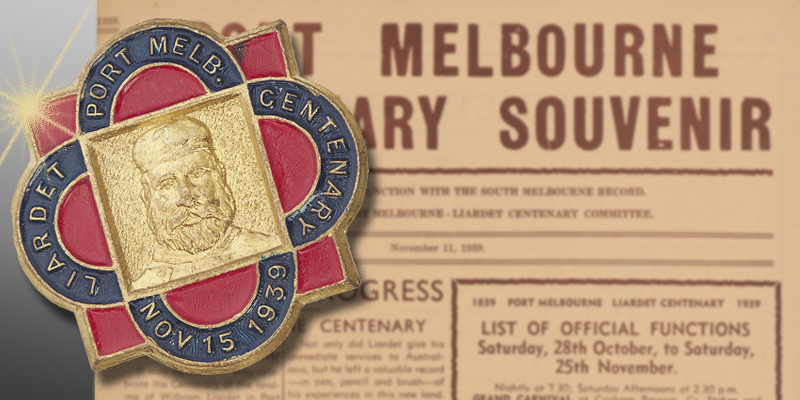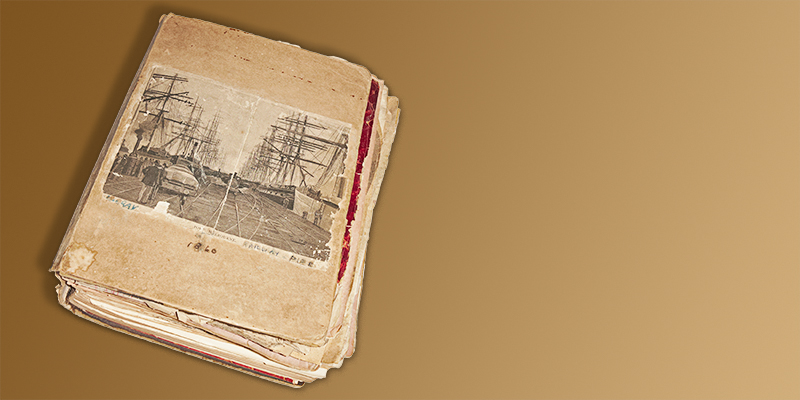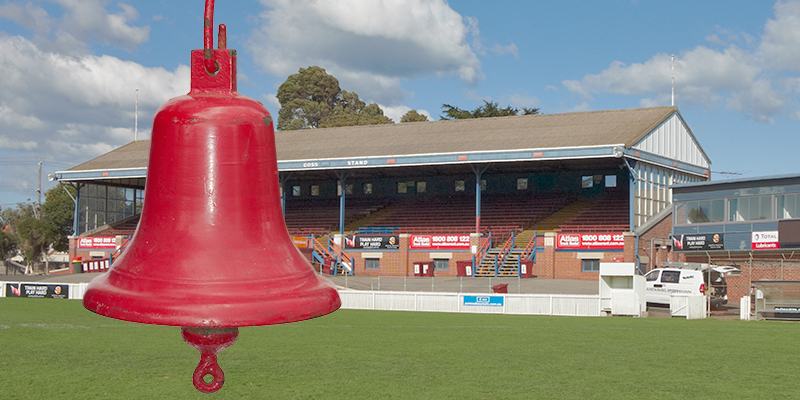From the Collection - Swallow's Art Deco postcards from the 1930s (catalogue no 2929)
A set of postcards from the 1930s was presented to the Society by George Derham, a descendant of Frederick Derham.
Frederick Derham was Managing Director of Swallow & Ariell Limited, manufacturers of biscuits etc. in Port Melbourne for well over 100 years. Thomas Swallow established the firm with…
